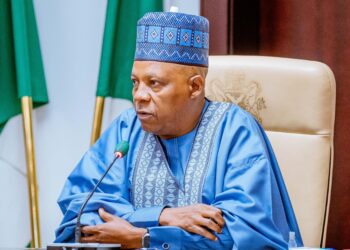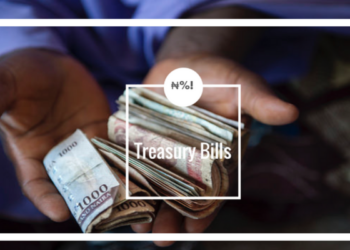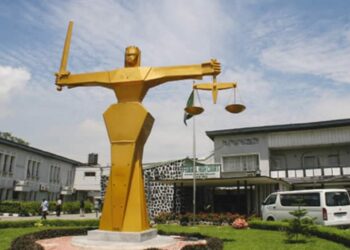The Supreme Court, on Wednesday, adjourned till March 3rd the case instituted by some state governments against the Federal Government, challenging the implementation of the naira redesign policy.
The apex court’s decision will likely frustrate Nigerians, many of whom were hoping for a quick resolution to the hardship already caused by the naira scarcity crisis.
The seven-member panel of the Supreme Court communicated the decision on Wednesday, February 22, 2023.
The new adjourned date by the Supreme Court means that the judgement on the deadline for the implementation of the naira redesign policy can only be delivered after the February 25 presidential election.
The governors of the All Progressives Congress (APC) had argued that the policy was aimed at making the ruling party unpopular ahead of the general elections.
FG’s counsel says Supreme Court has no jurisdiction
The counsel for the Federal Government, Kanu Agabi, while making his arguments, said the Supreme Court held that all reliefs are rooted in section 20 of the CBN Act.
He argued that the apex court has no jurisdiction to hear the suit as the action cannot commence with an Originating Summons.
He also contended that the plaintiffs did not deem it fit to add the CBN as a respondent despite making reference to the apex bank 32 times in their originating summons and despite the fact that seven of the reliefs sought, relate to the CBN.
He asserted that Nigerians were already turning down the old notes in obedience to the President’s directive.
Agabi also asserted that by asking Nigerians to deposit their old naira at the CBN designated centres, the president was abiding by the court order and that Buhari is empowered under the constitution to veto any legislation.
For the record
The suit was initiated by Kaduna, Kogi and Zamfara states, who were seeking to restrain the federal government from giving effect to the deadline on the use of old N200, N500, and N1,000 notes.
The plaintiffs are arguing that the implementation of the policy has caused untold hardship for Nigerians.
On February 8, the Supreme Court restrained the CBN from giving effect to the deadline following an ex parte application brought by the three states.
Subsequently, several states approached the apex court to be joined in the suit.
Ondo, Ekiti, Katsina, Ogun, Cross River, Lagos, and Sokoto states were among the first batch to be joined as co-plaintiffs, while Edo and Bayelsa states joined the attorney-general of the federation (AGF) as defendants.























